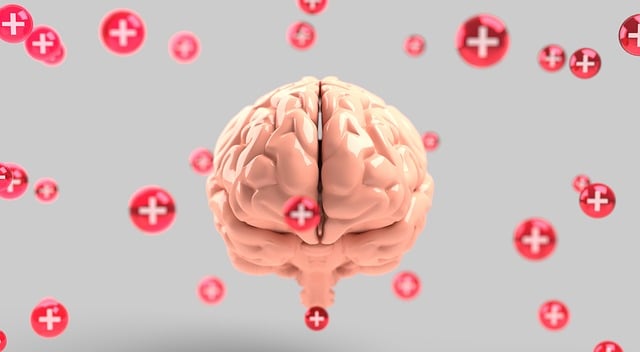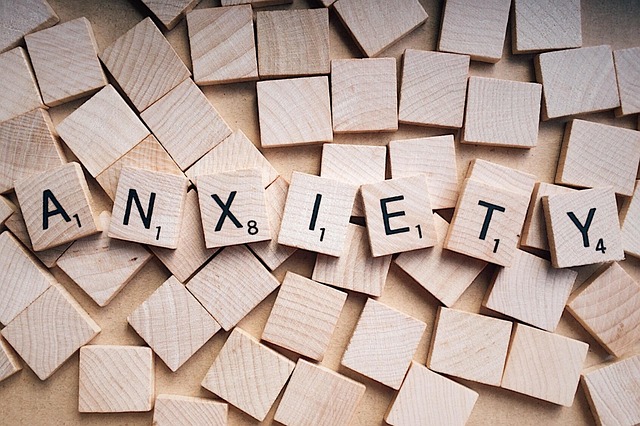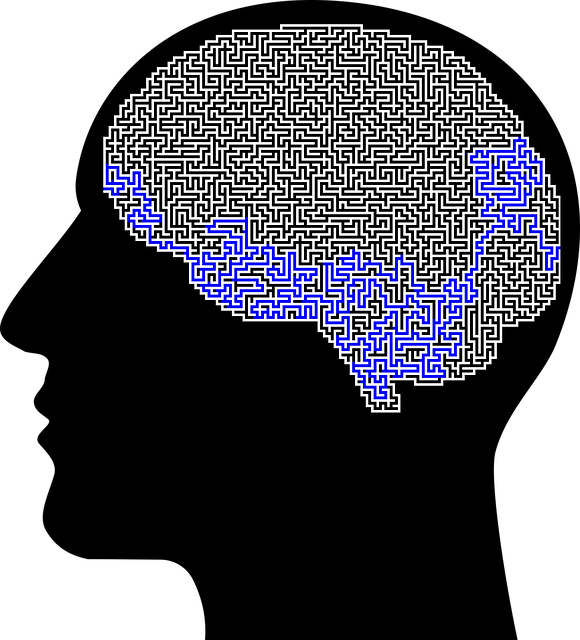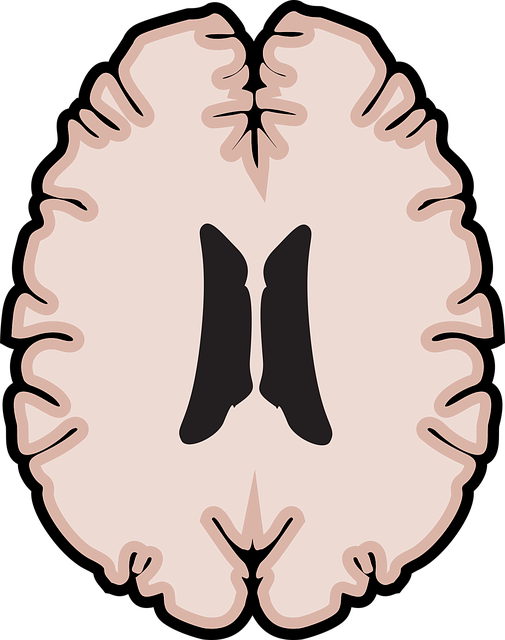Mental wellness groups in Louisville provide a supportive network for individuals dealing with codependency, offering safe spaces for open communication and peer learning. Facilitators from Louisville Codependency Therapy play a multifaceted role, creating engaging programs that enhance self-awareness, coping skills, and resilience. These groups complement traditional therapy by fostering connections, promoting stress management, and providing crisis intervention. Through interactive discussions and active listening, members build healthy relationships and prioritize their mental wellness in this fast-paced city. Louisville Codependency Therapy's specialized approach empowers individuals to overcome codependent dynamics and foster personal growth within a vibrant, inclusive community.
“Uncover powerful facilitation techniques for enhancing mental wellness in groups with our comprehensive guide. We explore the art of creating safe spaces, where individuals can connect and heal. Learn about the pivotal role of facilitators, the skills needed for effective leadership, and strategies to foster a supportive community.
From navigating group dynamics to addressing codependency through Louisville Codependency Therapy, this article offers insights for professionals. Discover how to manage challenges and promote growth in a group setting, ensuring every member receives the support they need.”
- Understanding Mental Wellness Groups: Creating a Safe Space
- The Role of a Facilitator: Skills and Qualities for Effective Leadership
- Techniques to Foster Connection and Community
- Addressing Codependency: Strategies for Louisville Codependency Therapy
- Group Dynamics: Managing Challenges and Promoting Growth
Understanding Mental Wellness Groups: Creating a Safe Space

Mental wellness groups are powerful tools for fostering support and understanding among individuals facing similar challenges. When facilitated effectively, these groups create a safe space where members can share their experiences, learn from one another, and develop coping skills. This environment encourages open communication and fosters a sense of belonging, which is crucial for those dealing with issues like codependency in Louisville. By providing a non-judgmental setting, facilitators ensure that participants feel comfortable expressing their feelings and concerns, enhancing the therapeutic benefits of group dynamics.
Creating a safe space involves establishing clear boundaries, promoting active listening, and incorporating strategies from crisis intervention guidance. Facilitators should undergo thorough risk assessments for mental health professionals to manage potential triggers and ensure the well-being of all members. Through these techniques, mental wellness groups offer a supportive network that complements traditional therapies, empowering individuals to navigate their journeys towards improved mental health and enhanced coping abilities.
The Role of a Facilitator: Skills and Qualities for Effective Leadership

In the realm of mental wellness group facilitation, the role of a facilitator is pivotal. They must possess a unique blend of skills and qualities to lead and guide participants effectively. A skilled facilitator at Louisville Codependency Therapy doesn’t just facilitate conversations; they create a safe, supportive environment that encourages open dialogue, fostering a sense of belonging among group members.
Beyond ensuring active participation, successful facilitators impart crucial mental health education through interactive programs designed to promote self-awareness and coping strategies. They adapt their approach based on the needs of the group, incorporating techniques for mood management as they navigate complex topics. Additionally, these leaders play a key role in developing public awareness campaigns, sharing insights that can positively impact the broader community’s understanding and support for mental health initiatives.
Techniques to Foster Connection and Community

In facilitating mental wellness groups, fostering connection and community is a potent technique to enhance participants’ overall well-being, especially in cities like Louisville where codependency therapy is sought after. Creating a safe and supportive environment encourages individuals to open up about their struggles, fostering a sense of belonging. Group activities that promote active listening, empathy, and shared experiences can significantly strengthen interpersonal bonds. These connections are vital for stress management, as they provide social support networks that help individuals cope with life’s challenges more effectively.
The power of community is evident in crisis intervention guidance where group members can offer each other practical advice and emotional reassurance. This collaborative approach not only accelerates the healing process but also instills a sense of resilience. Moreover, incorporating interactive discussions on stress reduction methods allows participants to learn from one another, creating an atmosphere of mutual learning and support. Such practices are particularly beneficial in navigating Louisville’s fast-paced lifestyle, where effective stress management is a critical aspect of maintaining mental wellness.
Addressing Codependency: Strategies for Louisville Codependency Therapy

Louisville Codependency Therapy is a specialized approach designed to help individuals navigate and overcome codependent relationships and behaviors. This therapy focuses on identifying unhealthy patterns that often develop in these dynamic interactions, where one person becomes overly reliant on another for emotional support or validation. By facilitating open communication strategies, mental wellness coaches guide clients towards establishing healthier boundaries and promoting independence.
The process involves helping individuals recognize the root causes of codependency, such as past traumas or a lack of self-worth. Through various activities and discussions within group settings, participants learn to express their emotions effectively, set personal limits, and foster healthy relationships. Mental wellness coaching programs development emphasizes the importance of self-care, encouraging clients to prioritize their mental wellness while nurturing supportive connections with others on their terms.
Group Dynamics: Managing Challenges and Promoting Growth

In a mental wellness group setting, managing dynamics is key to creating a safe and supportive environment that encourages both challenges and growth. Facilitators in Louisville Codependency Therapy often navigate complex interactions, ensuring every member feels heard and respected. By fostering open communication, facilitators promote active participation, allowing individuals to build resilience through shared experiences. This dynamic approach leverages the power of peer support, where members learn from one another’s journeys, fostering a sense of belonging and understanding.
Effective group facilitation involves addressing potential challenges proactively. Healthcare Provider Cultural Competency Training can equip facilitators with skills to navigate diverse backgrounds and perspectives, enhancing inclusivity. Moreover, incorporating interactive activities or Mental Wellness Podcast Series Production can engage participants, making sessions both informative and therapeutic. Through these techniques, groups become vibrant spaces where individuals not only overcome personal hurdles but also contribute to a collective journey towards mental wellness.
Mental wellness group facilitation is a powerful tool for fostering connection, growth, and healing. By understanding the dynamics of these groups and adopting effective leadership skills, facilitators can create safe spaces where individuals can navigate complex emotions and challenges. The techniques discussed, from building community to addressing codependency, offer valuable strategies for those seeking Louisville Codependency Therapy alternatives. Ultimately, group facilitation techniques empower participants to embrace their journeys towards mental wellness, supporting them in becoming resilient and connected individuals within a supportive community.














